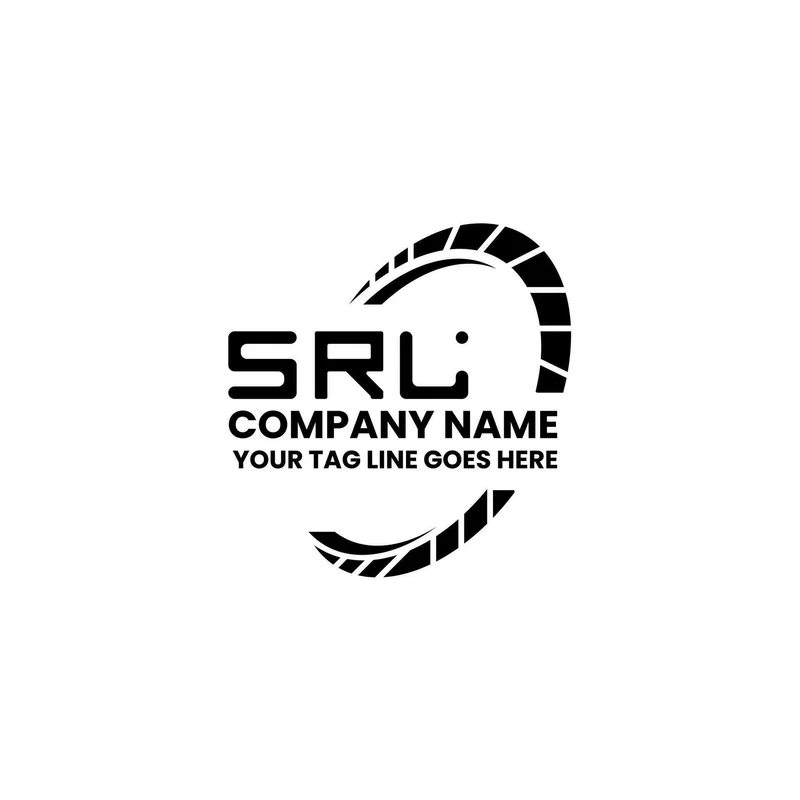Okay, let's be honest: headlines about a stock dipping below its moving average aren't usually the stuff of goosebumps. Scully Royalty (SRL) taking a little tumble? On the surface, it sounds like just another day on Wall Street. But sometimes, sometimes, these little blips are actually a peek behind the curtain, a glimpse at something much bigger brewing. And I think that's exactly what we're seeing here.
The article notes that Scully Royalty's stock price dipped below its fifty-day moving average, even as Weiss Ratings reaffirmed a "sell" rating. Now, I'm not a financial advisor, and I won't pretend to be. But what does grab my attention is the underlying business: an iron ore mining company playing in the royalty, industrial, and merchant banking spaces. Iron ore, you see, isn't just dirt. It's the backbone of, well, everything.
Think about it. Every skyscraper, every bridge, every electric vehicle charging station relies on iron ore. And as we push towards a future powered by renewable energy and sustainable infrastructure, the demand for this fundamental resource is only going to skyrocket. Are there some analysts who aren't bullish on SRL right now? Sure. But are they seeing the entire picture? Are they factoring in the exponential growth curve of green tech and the insatiable need for raw materials that comes with it? I wonder.
The Real Story Isn't the Dip, It's the Disruption
Here's where things get really interesting. The world of resource extraction is ripe for disruption. We're talking about an industry that, in many ways, is still operating with 20th-century tools and mindsets. Imagine applying the principles of blockchain—a secure, transparent, and decentralized ledger—to the entire iron ore supply chain. Think about the implications!
We could track every ounce of material from mine to manufacturer, ensuring ethical sourcing and reducing environmental impact. We could streamline transactions, cutting out middlemen and boosting efficiency. We could even create new financial instruments, allowing investors to directly support sustainable mining practices. The possibilities are practically endless.

And that's where Scully Royalty, or a company like it, could really shine. By embracing these kinds of innovative technologies, by thinking outside the traditional mining box, they could position themselves as leaders in a new era of resource management. It's not just about digging stuff out of the ground anymore; it's about doing it smarter, cleaner, and more responsibly.
Another article mentions Aria Srl, an Italian company making electric anti-frost fans. Okay, what does that have to do with iron ore? Simple: it's about efficiency and sustainability. It's about using technology to solve problems and reduce our environmental footprint. The move from diesel to electric motors, the focus on quieter operation, the innovation in mobile fan design—these are all examples of the kind of thinking that needs to permeate every sector, including resource extraction. "It is already time to think about defense against spring frost"
When I first started looking at SRL's profile, I honestly just thought, "Okay, another mining company." But then you start connecting the dots, seeing the bigger picture, and you realize this isn't just about iron ore. It's about the future of civilization. It's about building a world that's both prosperous and sustainable.
Of course, with great power comes great responsibility. The increased efficiency and transparency of blockchain and other technologies raise serious questions about data privacy, security, and equitable access. We need to be mindful of these challenges and ensure that these tools are used for the benefit of all, not just a select few. This is the ethical tightrope we must walk.
But the potential rewards are enormous. Imagine a world where resource extraction is no longer a dirty, destructive business, but a clean, efficient, and sustainable engine of economic growth. Imagine a world where every company is held accountable for its environmental impact, and where consumers can make informed choices about the products they buy. That's the future I want to see, and I believe it's within our reach.

